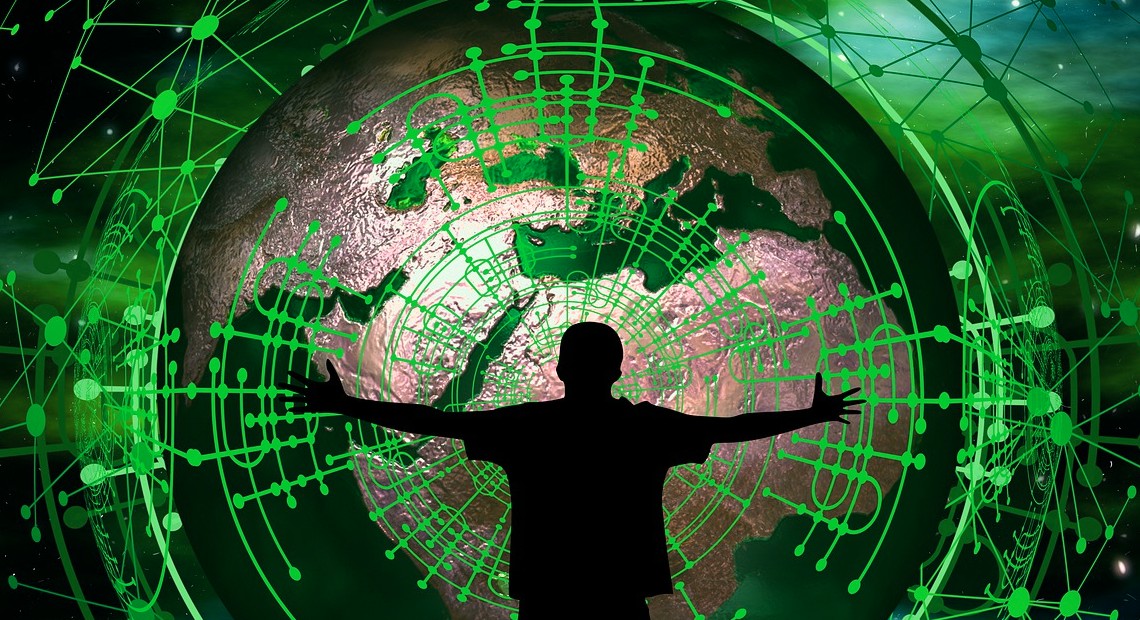Next Earth aim to usher in a new era of user-governed virtual worlds. Next Earth is a metaverse that uses blockchain technology to manage virtual land NFTs on a 1:1 replica with Earth.
Users can buy, sell, and trade virtual land at their leisure. Users can also buy and trade digital items, like as virtual Pyramids and pixel-colored Land Art, using the platform’s built-in marketplace.

One of the most impressive features of Next Earth is its focus on environmentalism
Next Earth’s environmental focus is one of the game’s most outstanding elements. The Ocean Cleanup, Amazon Watch, Kiss the Ground, and SEE Turtles are among the organizations that receive 10% of all transactions on the platform. This contributes to the platform’s goal of developing a more long-term metaverse.
Next Earth has been a huge success thus far. There are 30,000 virtual land owners and 180,000 registered users on the platform. In addition, there have been 2,418 sales totaling $717,843 on the marketplace. Over $650,000 in user profit has resulted as a result of this. The platform has made a total of $8 million in revenue, with $800,000 (10%) going to environmental causes.
The New York MET, which was purchased for $100 and subsequently resold for $32,000, is one of the most remarkable sales on Next Earth. The pyramids, the Colosseum, numerous stadiums, and various areas of attraction are among the other notable sales.
The Future of Next Earth
Next Earth is still in its infancy. NFT skins, business functionality, establishing a non-profit foundation, moving to virtual reality, publishing enhancement requests, and more are all on the platform’s roadmap. Let’s have a look at a couple of these changes.
Play-to-Earn
It’s critical to evaluate the function of game mechanics in driving user engagement as the metaverse develops. Next Earth is a platform that is serious about this issue and is working on a play-to-earn system that pays users for their contributions.
The majority of virtual worlds operate on a pay-to-play model, in which users pay to enter the environment and then purchase in-world goods or services. For many people, this form of economy presents a barrier to entrance, limiting the potential for widespread adoption.
Next Earth’s play-to-earn method will overcome this by allowing everyone to participate just by playing.
Those gamers will be able to cash out their gains to real-world currency after Next Earth launches their NXTT token, which will be accompanied by a decentralized exchange listing. This will encourage users to join and contribute to the metaverse’s evolution.
Many other platforms are developing similar solutions, and it will be interesting to observe how this trend continues. A play-to-earn system, if done correctly, might be the key to unlocking the metaverse’s full potential.









 and then
and then